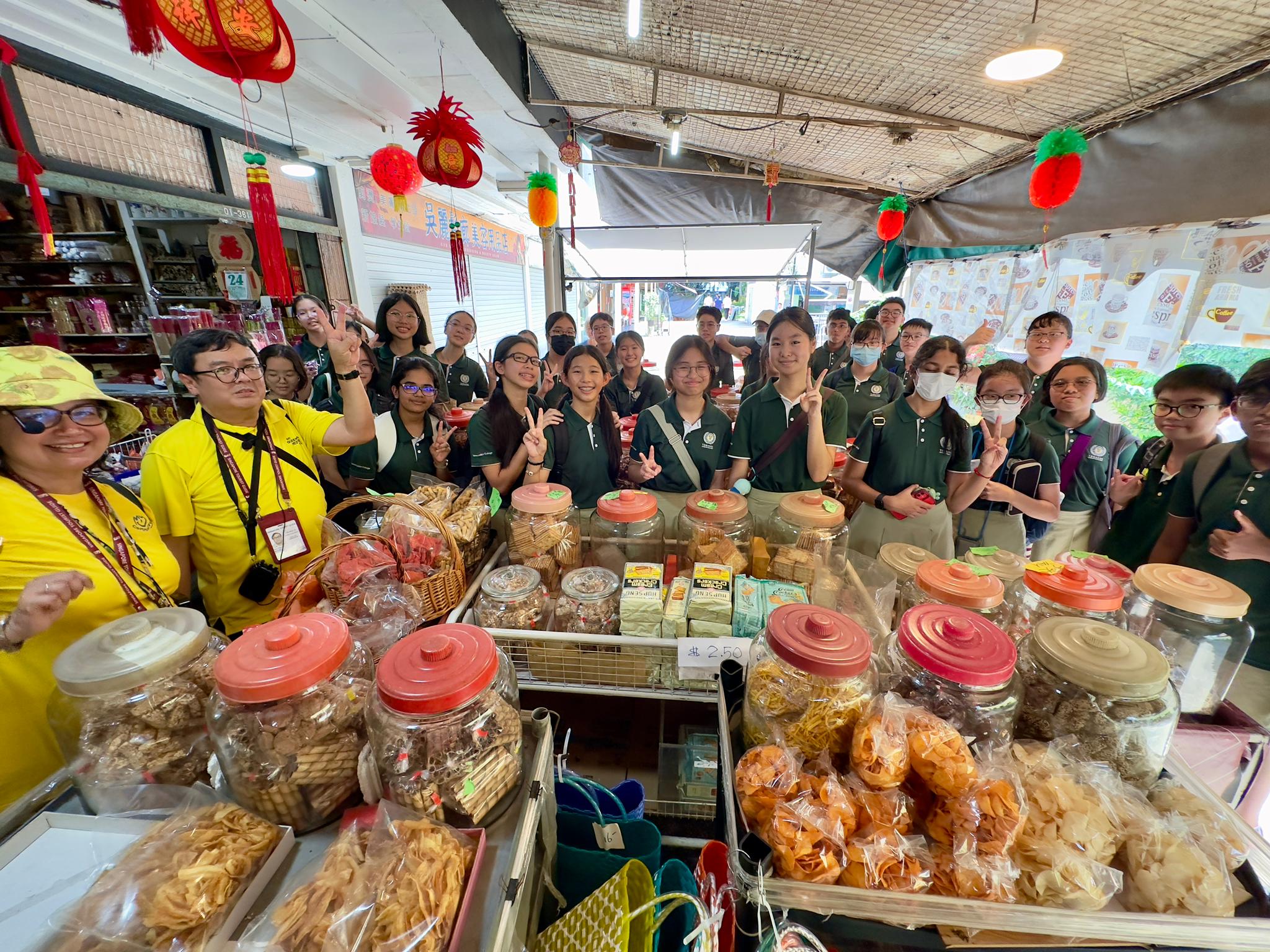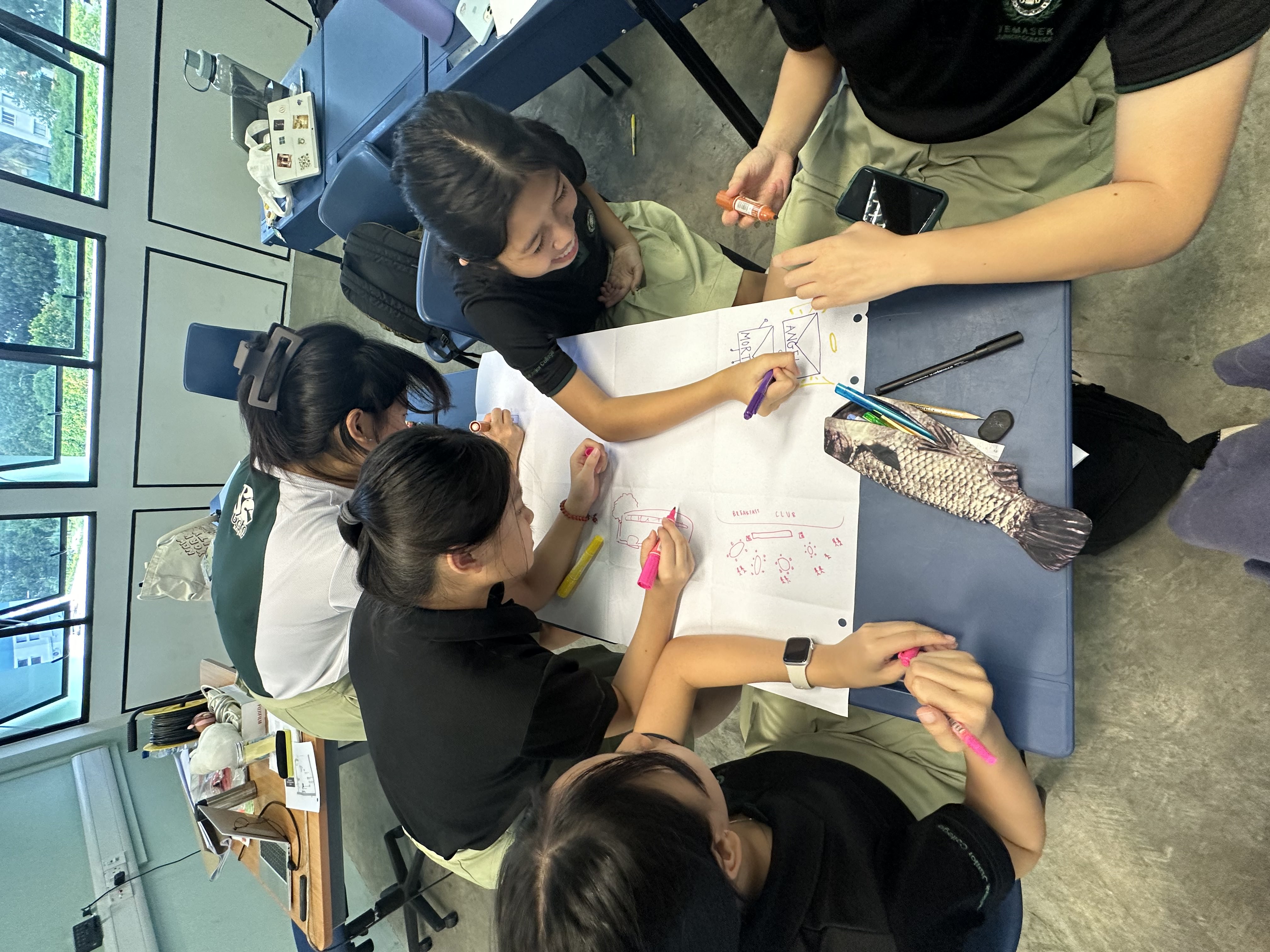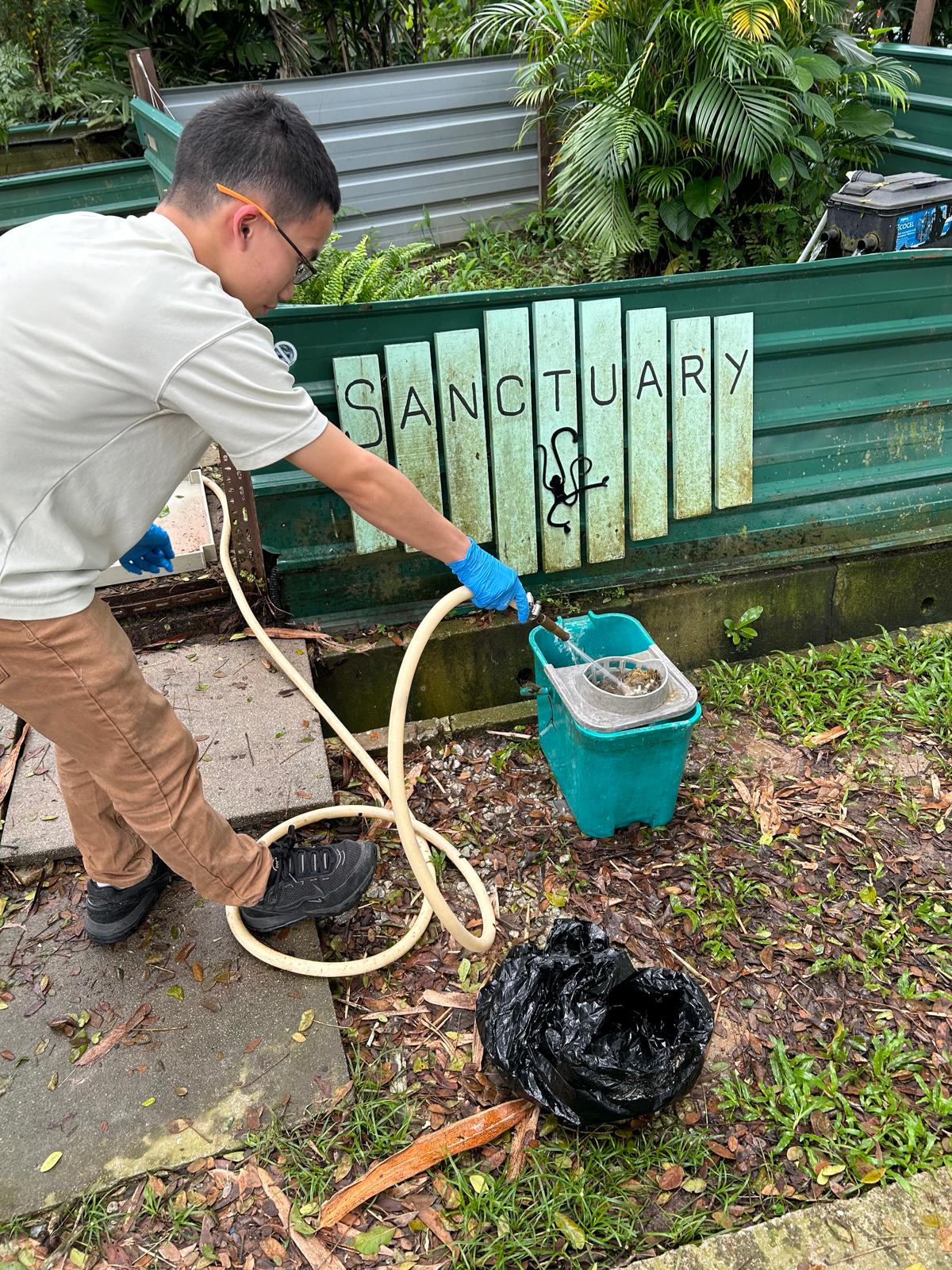Cohort Programmes
COHORT PROGRAMMES
Cohort Programmes extend our students' learning beyond the classroom. Designed to give all students the opportunity to experience Type I and II enrichment under the Renzulli Enrichment Triad framework, they provide opportunities for students to apply what they have learned in authentic and dynamic environments. Through our cohort programmes, students learn future-ready skills, develop a deep understanding of the world around them, and grow into confident, forward-thinking leaders who are anchored in a sense of community. Most of all, these hands-on programmes encourage students to experience the joy of learning and discovery in engaging and exciting ways!
-
Sabbatical Week gives students the time and space to discover their interests through a range of enrichment activities, programmes, workshops and talks. Through these, students are exposed to new topics and skills, thereby stretching them beyond what they learn in the classroom. Sabbatical activities are designed to be hands-on, thought-provoking and to inspire students to continue exploring a wide range of topics and ideas.

These are the key sabbatical programmes offered for each level in 2025:
IP Year 1 Students participated in hands-on modules which showed them how key concepts for the core subjects could be applied in authentic situations. The modules, designed by TJC teachers, included: learning Biology, Physics and Chemistry concepts through making ice cream; learning to draw and perform graphic notational scores for Music; creating podcasts of book and film reviews for Language Arts; and basic coding and programming.
IP Year 2 Students engaged in a 4-day Debate Skills Training Workshop run by The Julia Gabriel Centre. This intensive and lively workshop trained students in critical thinking, argumentation and speaking skills – an excellent complement to the skills that students are learning in subjects such as Fundamental Humanities and Language Arts. Students had many opportunities to showcase their persuasive speaking skills through participating in hands-on debates. Students also had their hands in designing apps and tote bags, along with enhancing their knowledge on urban farming and the healing effects of medicinal herbs.
IP Year 3 Students participated in a range of enrichment activities which equips them with the skills and knowledge for holistic development. Students have a choice in the programme that they wish to participate in such as: Critical Thinking and Philosophy Programme; Financial Literacy; understanding how mathematics is used in art; creation of Lava Lamps; visit to the Singapore Sustainable Gallery. All students also participated in the Marshmallow Challenge which inculcates the importance of teamwork and communication skills.
IP Year 4 Guided by the philosophy of “learning languages for life”, students developed their passion for their Mother Tongue languages and cultures through a range of exciting activities, such as a learning journey to the Jewel at Changi Airport; tea appreciation; and speech training workshop. To help guide our IP4 students in their exploration of their future careers, gamification was used to further hone their decision-making skills. They were also engaged in an interview skills workshop that challenged them to think, adapt and communicate their thoughts effectively.
-

In World Without Borders (WwB), IP Year 2 students explore communities and neighbourhoods across Singapore through an interdisciplinary approach that integrates thematic inquiry, design thinking, and ethnographic research methods. This process enables them to develop a nuanced understanding of the forces that shape communities—their dynamics, underlying tensions, historical evolution, and ongoing adaptations to contemporary challenges. Through the programme, students cultivate essential tools and dispositions that foster empathy, critical insight, and thoughtful observation. These skills empower them to engage meaningfully with the world around them and prepare them to navigate an increasingly complex and interconnected global landscape.
-

The Innovation and Research Project (IRP) is a cutting-edge design thinking programme inspired by Stanford University's Hasso Plattner Institute of Design or more popularly known as d.school, and the award-winning design firm IDEO. The Design Thinking approach seeks to solve problems by first understanding users' needs, followed by the development of insights to meet those needs. In IRP, our students unlock their inner creativity and take an interdisciplinary approach that is empathy-driven and end-user centric to address the most complex problems. Through the IRP, our IP Year 3 students will understand the basics of design thinking and engage in actual innovation that meet users' needs, wants and desires.
-

The TJC Wonder.Observe.Weave! (W.O.W!) programme is one of TJC's niche programmes for our Year 4 students. Through collaboration with partners who are leaders in their fields of study or industry professionals in more than 40 projects, IP Year 4 students are provided with opportunities to embark on interdisciplinary projects which enable them to assimilate and apply knowledge gained in the classroom to real-world contexts. In the process, they hone soft and hard skills, gain invaluable insight into the demands of a particular industry and develop a higher level of metacognition when attempting to solve a given problem.

